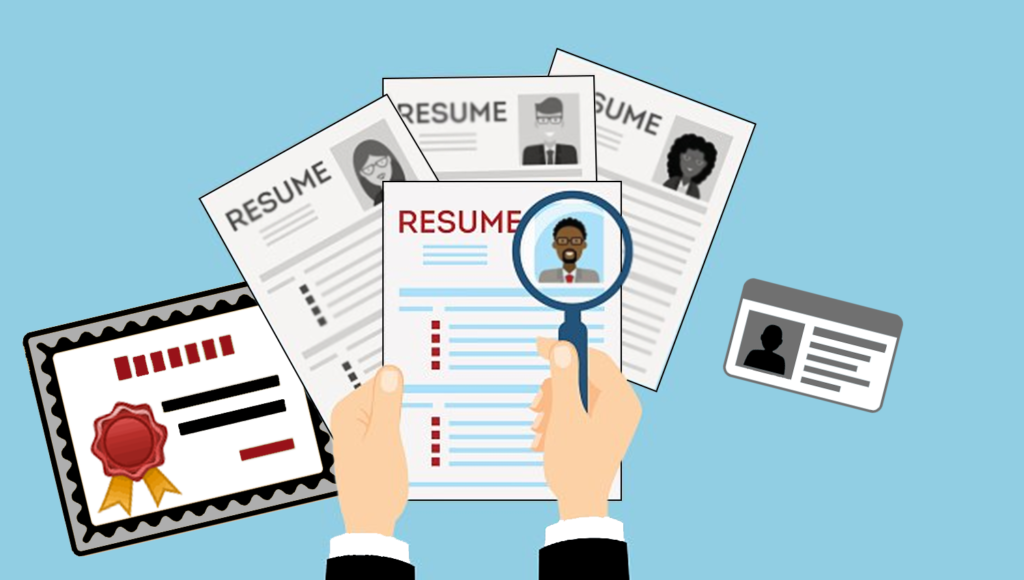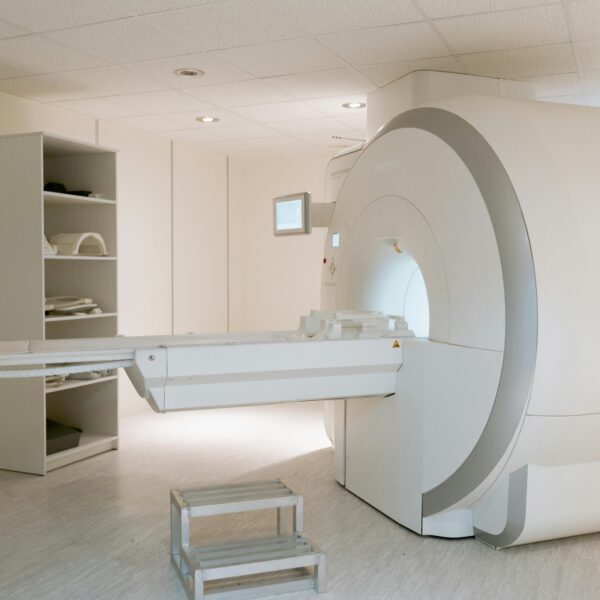In fields that use specialized and expensive equipment or are considered to be dangerous to oneself or others, a license will often be needed to practice. In other cases, professionals can pull ahead of the pack by obtaining certifications and certificates to prove their skills.
In either case, despite the amount of effort that goes into obtaining a career-focused type of license, certificate, or certification, many people will still forget to include it on their resumes. While you know that you have completed this work, others do not and may not take the time to read through your resume in depth if they cannot find it with a spot check.
Keep reading to learn more about the whys and whens of listing licensure or certificates on your resume.
Importance of Licensure
Depending on the depth of skills necessary, some professions might require multiple licenses or continued education to maintain a license. In either case, time, hard work, and dedication goes into obtaining a license, so ensuring that it is proudly displayed on your resume is necessary.
When hiring managers or recruiters are looking for qualifications for a role, they are often skimming dozens or hundreds of resumes in a single day. They are searching for keywords, length of experiences, and necessary licenses to create a short list of qualified candidates to pursue. If you are not displaying your hard-earned licensure on your resume, you risk losing out on an opportunity before you even get a chance to start.
Licenses on resumes should include the date obtained, the date it will expire, and the body which certifies it, at minimum. Including these details will allow for people considering your application to search and confirm that the license is active and in good standing. If your hiring managers and recruiters can confirm your qualifications early on, they are more likely to reach out to discuss a role sooner.
Certificates and Certifications
Where licenses are legally required to be able to practice certain skills, certificates and certifications are not, which gives them a great deal of power. Those who have certificates show initiative in pursuing skills beyond their required schooling. Those who obtain certifications show that they are able to apply that knowledge, according to standards set by the third-party group that awards the certification. Additionally, obtaining and maintaining certificates and certifications can show hiring professionals that your knowledge can reach into highly specialized areas where your experience might be limited.
Certificates should be displayed with licensure and schooling on a resume. If it was a certificate that was obtained through schooling and does not expire, match the format to how you listed your education. On the other hand, certifications and certificates that expire should match your licensure format and include details of expiration or renewal.
When to Remove it
Whether it is a license, certificate, or other proof of experience, there will be a date when it is no longer applicable to your resume. In most cases, the item’s expiration date is good to go by. If you are not planning on renewing the licensure, then it should be removed from your resume by the expiration date.
If there is no expiration date, then it becomes a matter of judgment. If it is proof of a highly specialized skill or experience, then, at most, it will be considered outdated within 3 years. While specialized skills might stick strongly with you, the hiring world will want to see more recent examples of experience in order to feel secure in recommending you for a role.
If the experience or skill is less specialized, it can be considered relevant for up to 5 years. That being said, it should be used with discretion after 3 years as it can be considered outdated, especially in fast-evolving fields. If you decide to leave it off your resume, remember that it can still be an effective way to display your skills during an interview, so keep it in mind!
If you are crafting your resume to begin a job hunt, consider working with a dedicated recruiter. Our Radius recruiters are highly specialized with contacts all across the country, so let them help you find your next job! Take a look at our open jobs here or submit your resume to us here and connect with a recruiter as early as today!











